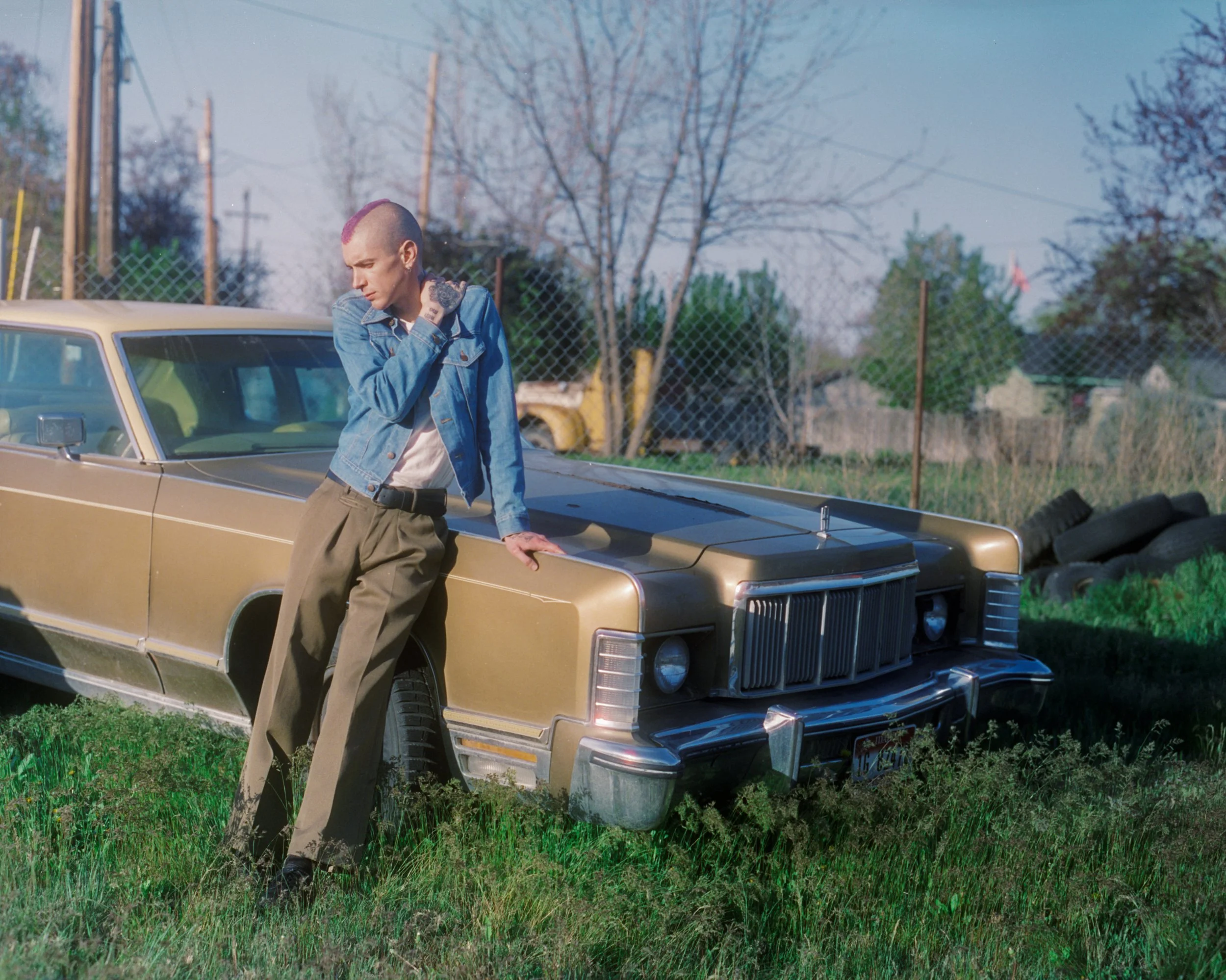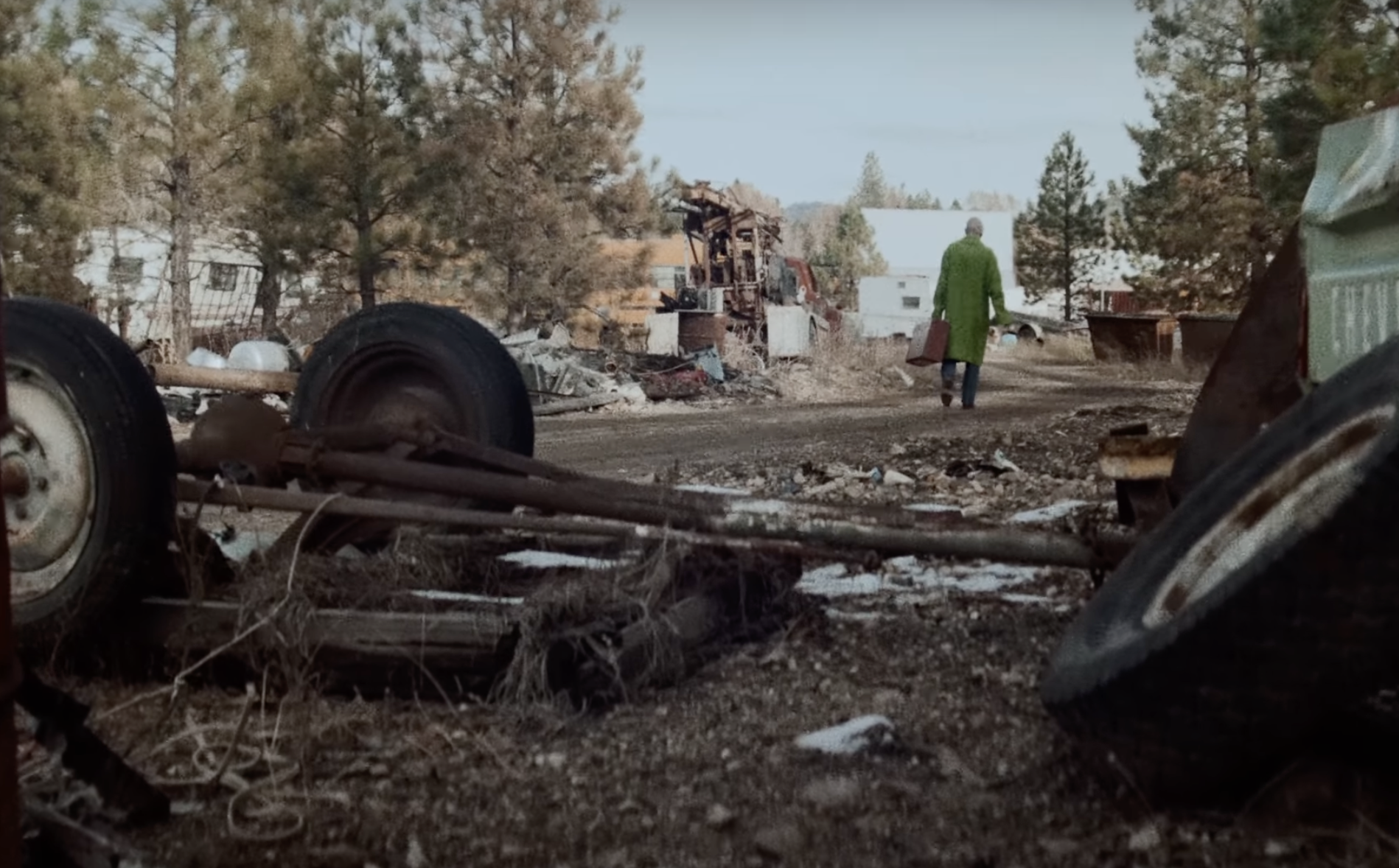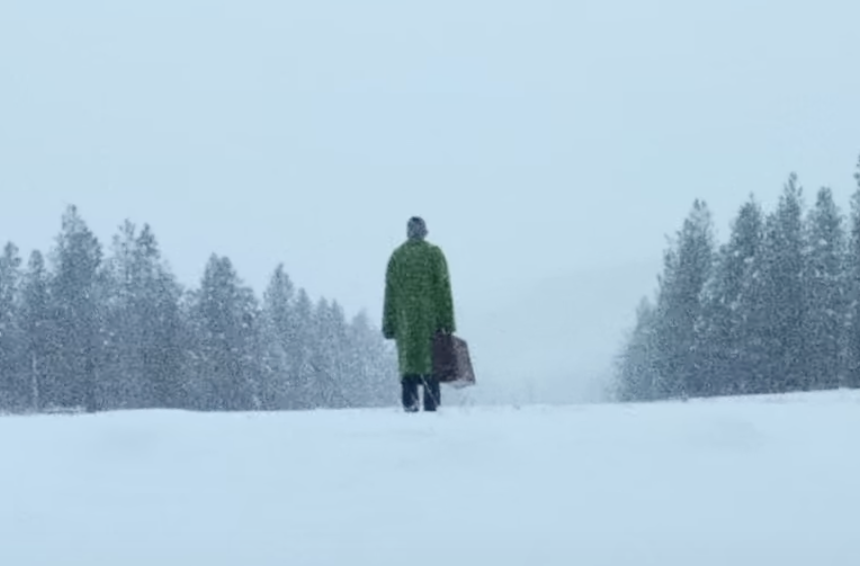With newfound elegance, Trevor Powers returns to the simple warmth that made his Youth Lagoon debut undeniable.
Heaven Is A Junkyard is an ode to Trevor Powers’ hometown, Boise, Idaho. And from start to finish, it feels like Powers can breathe again. On his last two albums, before a hiatus that included a severe sickness, Youth Lagoon had shed the innocence and familiar bedroom warmth of its 2011 debut. The music was intriguing but also felt convoluted and riddled with anxiety. It was as if Powers was overcome by the indie rock stardom that had been surprisingly thrust upon him. By 2016, he had admittedly, “lost his way.” He took a break from the project and in the meantime suffered a severe reaction to medicine that covered his throat in acid and left him voiceless. This trying journey allowed Powers to narrow his storytelling to something he truly knows: the imprint a broken home leaves on one’s soul.
“I wasn’t sure if I’d ever be able to speak again, let alone sing,”
So what does one find in a rural wasteland lovingly referred to as junkyard heaven? Druggie cowboys, wildlife, aliens, mercury, and abandoned toys. Album opener ‘Rabbit’ is sparse with gentle piano keys. The minimal arrangement gives breathing room to lyrics about a lonely childhood with an alcoholic father. But there’s a strangely uplifting tempo behind the track. Persistent drums and lush, swelling synths accompany the chorus: “This is how we score/With our face to the floor/And there ain't no magic door/Just a window where the storm took me.” Powers’ ability to recount dark memories so confidently sets the tone for the album’s spiritual resonance. He’s facing his most personal trauma and finding the light in still being alive to tell the story.
Nowhere is that light more apparent than on album standout, ‘Prizefighter.’ A tale of Powers’ childhood hero, a tough older brother named Tommy with “knuckles that could make the devil shy.” Powers sings, “I got the world, so I'll be fine/I got the sunshine to figure me out/I'm back to work, that's over/Now all I want is fun/Yeah, my work ain't hard/But it's got to be done.” These blue-collar lyrics backed by Powers’ most soulful delivery of his career feel like literature. The track’s ghostly synths and vocal stabs channel Bon Iver while evoking the feeling of warm summer nights with endless sunsets. It’s an anthem to be sure and a big reason HIAJ should be nominated for Best Alternative Music Album.
Elsewhere, reflections of home life are a more somber affair. In an excerpt explaining the album’s lead single, ‘Idaho Alien,’ Powers says, “One of my neighbors smokes meth all day and mows the lawn at 2:00 am. Her boyfriend lived in a tent in her backyard, and one day she locked him out of the house so he went as far as trying to stab her. He got sent to prison for 10 years. She told me she still loves him, and I told her she deserves better. The last time I asked her not to mow the lawn at 2:00 am, we wound up talking about aliens and Subway sandwiches. Every November, a church group rakes her leaves and tells her about Jesus. I don’t think it’s working.”
In the movie Vengeance, about a murder in a forgotten Texas town, a mystical Record Executive offers the following advice: “Nobody writes anything; all we do is translate. So if you ever get stuck and you don't know what to say... just listen. Even to the silences. Listen as hard as you can to the world around you and... repeat back what you hear. That translation, that's your voice.” Powers’ translation of what his hometown’s been telling him is literature; it’s universal, sobering, and strangely uplifting. “I will fear no frontier,” sings Powers on ‘Idaho Alien.’
His once-brittle voice sounds stronger than ever as it’s no longer straining to tell a story. Most of the lyrics are almost whispered, the way a wise elder might retell a personal experience to a younger loved one. Or the way we might hear words of encouragement in a dream. “Heaven is a junkyard, and it’s my home,” sings Powers on ‘The Sling.’ And with a hushed reverence on ‘Trapeze Artist,’ “Can we walk together/Jesus, take my pain/I'm ready to jump/If your angel can catch me.” Trevor Powers has embraced home for what it is, be it a failing body or even a failing community. And finally, he sounds at peace.



